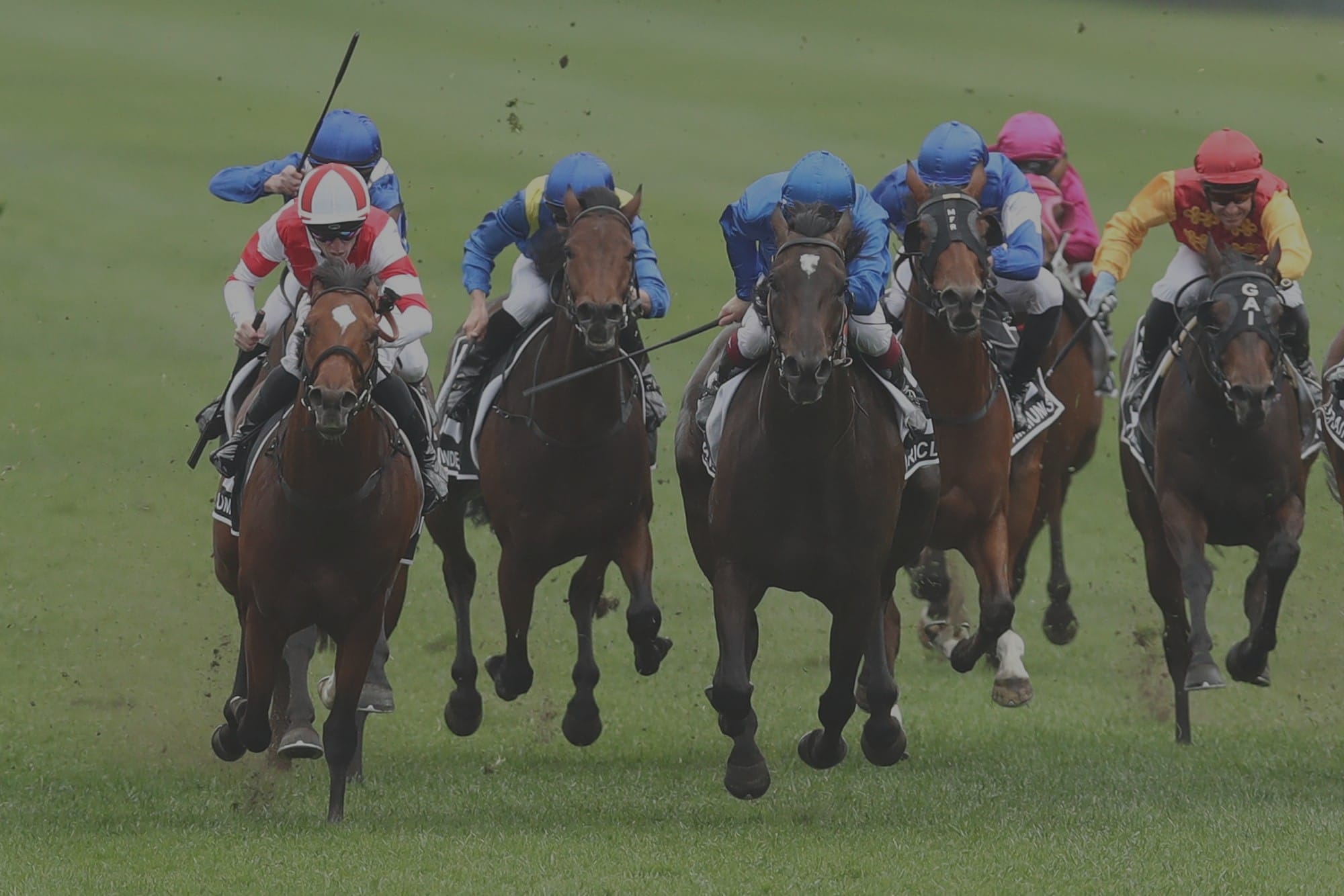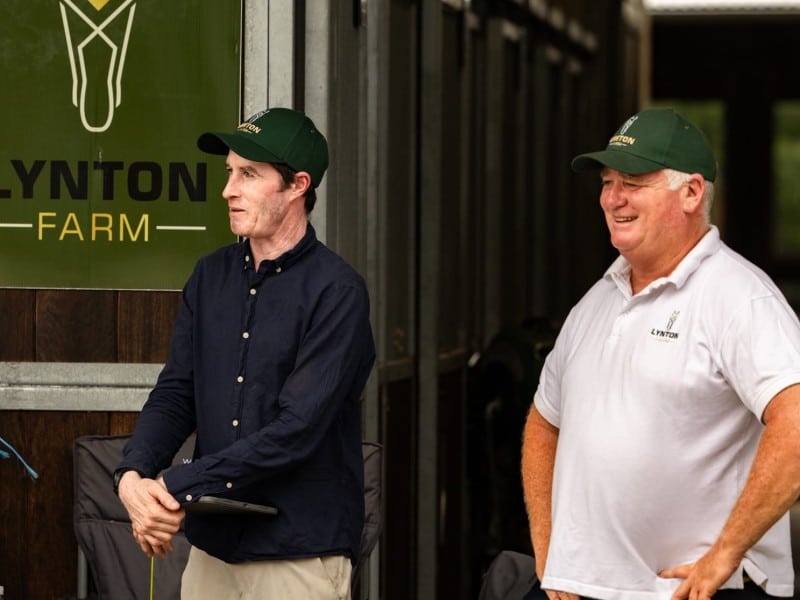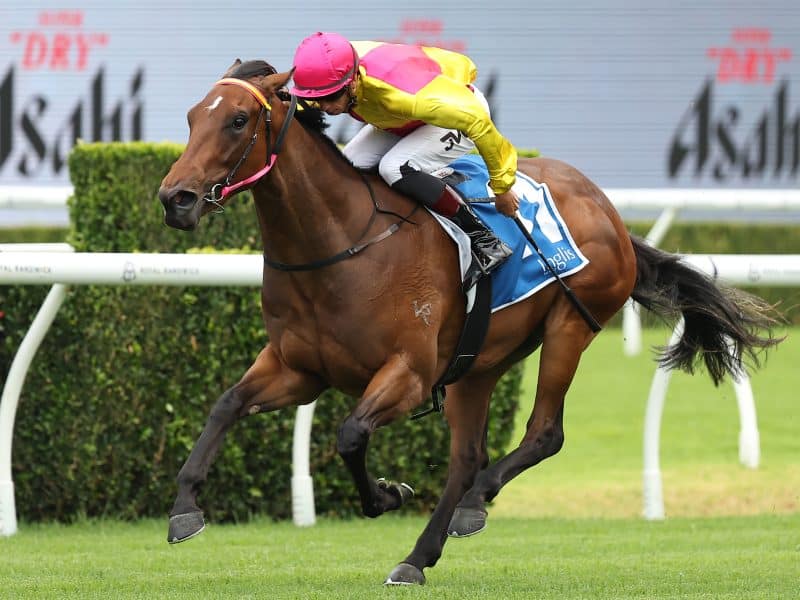Betting on the Olympics – a fast track for acquisition or a blip on the sports wagering radar?
Australia’s biggest wagering companies have been planning for the Paris Olympics for months. But will Australian punters engage with a complex multi-sport event staged mainly in the middle of the night?
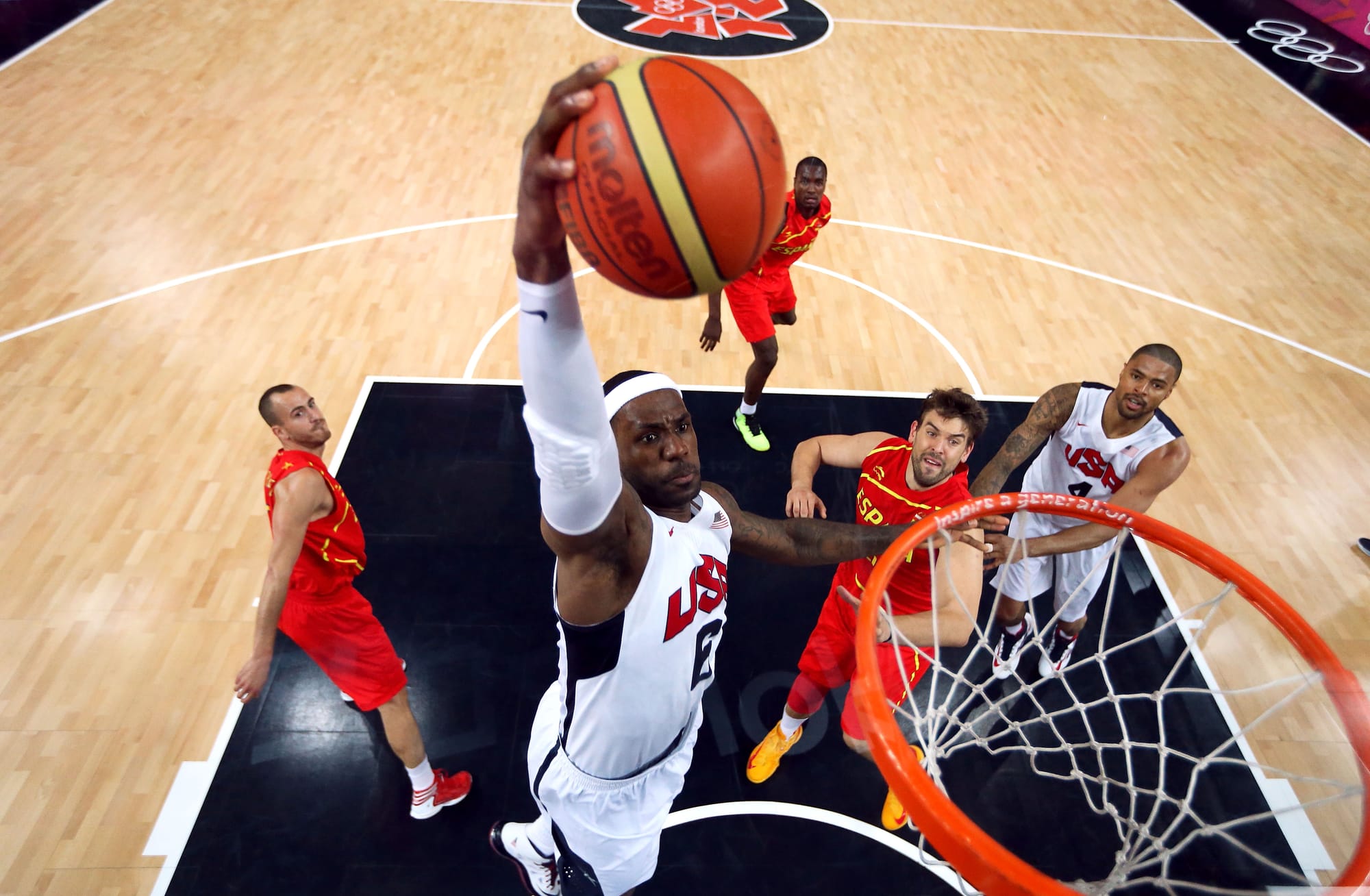
The Tokyo Olympics in 2021 proved somewhat of a perfect storm for Australia’s biggest wagering companies.
The world’s largest multi-sport event, held in a friendly time zone, during the peak of a pandemic wagering boom meant for a surge in both turnover and new customers and an unprecedented interest by Australians betting on the games. Key metrics such as turnover and active users went up by 800 per cent compared to Rio in 2016.
It was helped along by a patriotic surge of interest. Australia won the equal most gold medals in Tokyo as it had at any previous games, level with Athens in 2004. A rough estimate of turnover by Australian punters on the 2021 games was $200 million.
But betting on the Games is far from a modern phenomenon. Evidence has been found that the ancient Games in Greece were rife with gambling, and corruption.
The 2000 Olympics are seen as a watershed for sports betting in Australia. Public interest in the Sydney games was unprecedented and while the online wagering industry was in its infancy and sports betting had only been widely legalised in the previous 15 years, the local state-by-state TABs enjoyed virtual monopolies as an estimated $42 million was invested on the Games.
In that financial year, total turnover on sports betting in Australia was $880 million, of which the Sydney Olympics generated nearly five per cent.
By the time of the Beijing Olympics in 2008, the next games held in the Australian time zone, annual sports betting sector turnover had grown to $2.6 billion.
By the 2020 Olympics, held in 2021, that annual spend had grown to over $12 billion. Interestingly, while Olympic betting had surged to record levels, the percentage of turnover generated from Olympic sports fell to around 1.7 per cent.
To give that some context, one wagering service provider (WSP) described the 16 days of Olympic activity in 2021 to be the equivalent turnover to what they would generate from greyhound racing in an average week.
However, while the broader Australian wagering market has receded in the past two years, sports betting has continued to grow. Tabcorp reported sports wagering turnover grew by 6.7 per cent in the first half of this financial year.
The other major players, Ladbrokes and Sportsbet, both who have a greater focus on sports betting, have reported similar trends. While racing wagering declines, sports heads northwards.
The Olympics’ role in this in 2024 will be small but not insignificant. The time zone, being eight hours behind, will make the engagement of Tokyo impossible to recreate, but the opportunity is still important.
Entain says it has dedicated considerable resources towards the Olympics and it remains a key opportunity for acquisition given those who bet on Olympics are often those who would not otherwise be interested in betting.
Tabcorp is expecting betting activity to be “very strong” as it traditionally attracts punters interested in both sports and racing.
“Any big, unique event brings in a range of different punters, especially with the diversity of sports and markets, so it is a great opportunity to welcome new customers to TAB platforms. It absolutely provides an opportunity to welcome new customers to our products,” Will Evans, TAB’s Senior marketing manager said.
There are literally hundreds of markets to bet into, from the number of gold medals each country will win to individual sports like breakdancing – B Boy Victor is currently favourite for the men’s and B Girl 671 for the women’s.
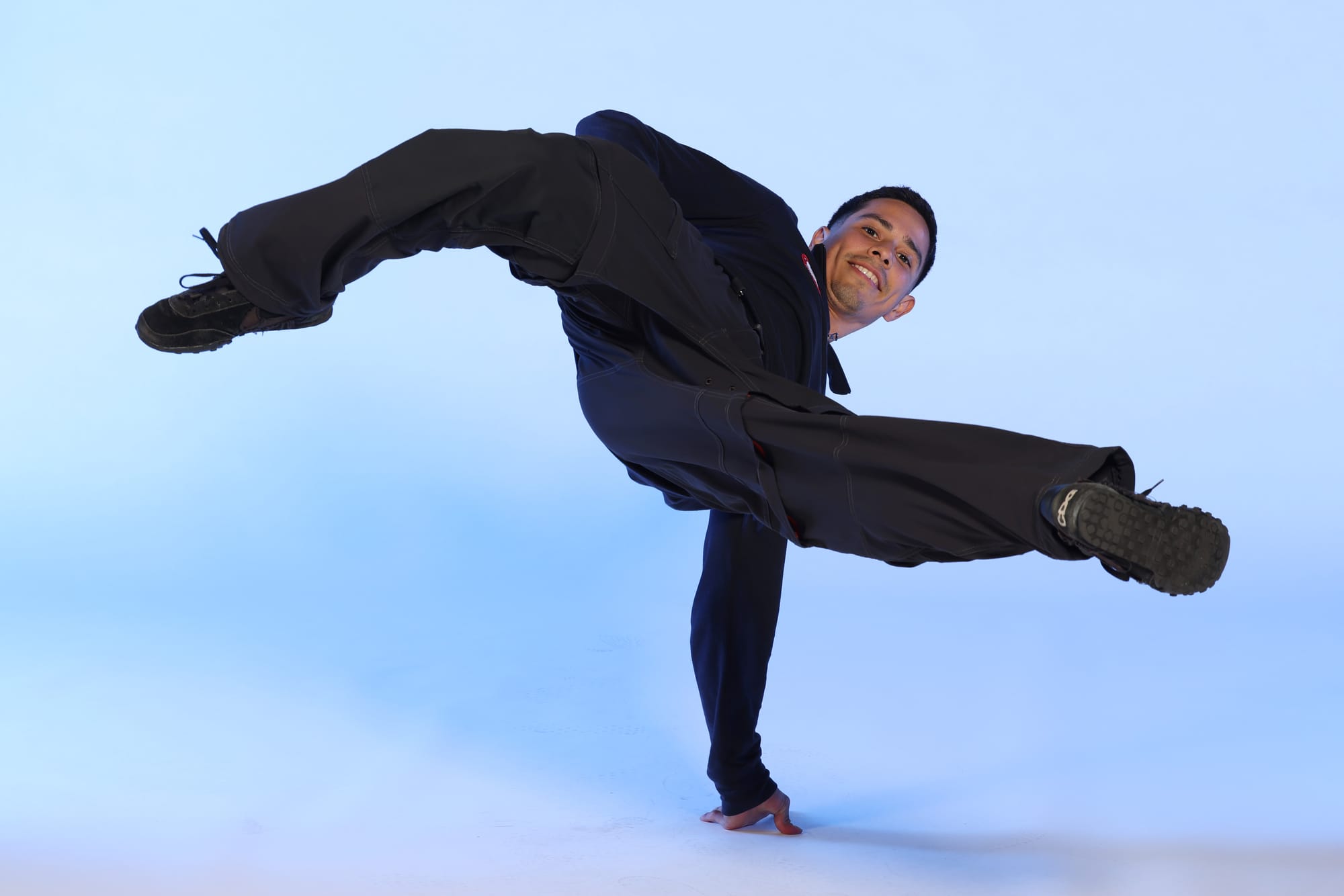
WSPs have invested in getting their trading teams up to speed for some of these more obscure events, and there are plenty of those, even though they expect much of their Olympics turnover to be generated by traditional betting sports.
Basketball leads the way, which is hardly surprising when you consider the NBA is the biggest sports betting product in Australia. Over a third of all bets on match outcomes in the last Olympics were on basketball, Tennis, football and rugby sevens were also popular.
Swimming has historically been Australia’s most successful discipline when it comes to gold medals, and nine of the 17 gold at Tokyo came in the pool. That creates a bit of patriotic interest for punters, and both swimming and track field are expected to be popular as individual events, but to a lesser extent than the teams.
“Any big, unique event brings in a range of different punters, especially with the diversity of sports and markets, so it is a great opportunity to welcome new customers to TAB platforms” – TAB’s Will Evans
Familiarity is a key marketing aspect for the WSPs and with this in mind, Ladbrokes introduced the same-game-multi concept during the Tokyo games and it created significant traction, especially when combining medal outcomes. It is banking on it being popular again at Paris.
Given the wealth of NBA players involved in Olympic basketball, wagering will be underpinned by same game multis on matches.
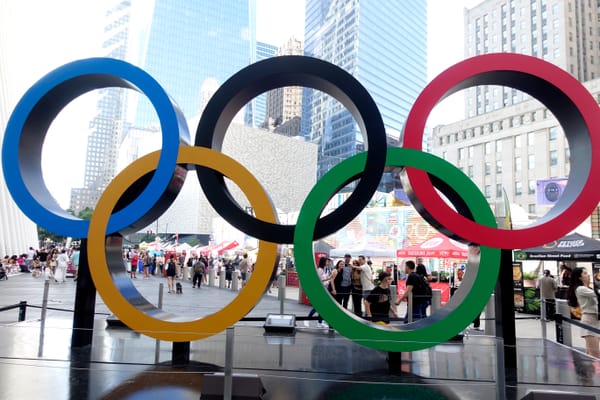
What has changed since Tokyo is likely to be the volume of wagering advertising.
While much of the Olympic action will take place outside of typical children’s viewing times, advertising regulation has expanded in the past three years and the prospect of a blanket federal government ban on all betting advertising has seen the major players pull back on their promotional budgets.
What is also clear is that Olympic betting is more desirable for those companies which operate at scale. For the smaller operators, the effort of compiling markets and the exposure that creates to sharp bettors outweighs the upside they may get through acquisition.
“We’re not going out there spending and trying to acquire on the back of the Olympics,” Scott Cross of CrossBet told The Straight.
“In reality, it comes down to marketing spend, right? They’ve got a big marketing spend for it, and we will keep our powder dry, and as I say, stay in our lane.”

